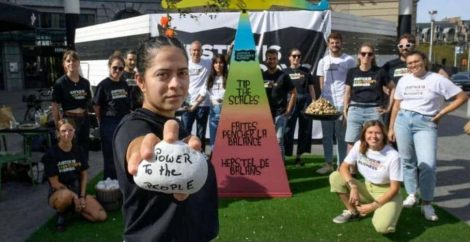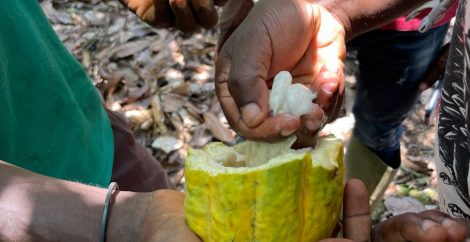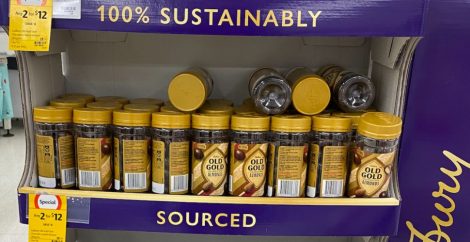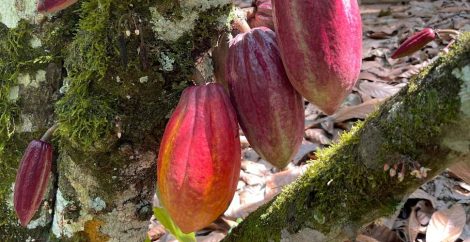By Joanna Ewart-James. The European Parliament approved a ground-breaking draft law on June 1, that would call on large companies to be responsible for ensuring their goods are produced without harming the environment or causing harm to people, including forced labor – 63% of which is estimated to be in the private economy. Huw Jones at Reuters reports that the rules would require: “large companies selling products in the EU - even those headquartered outside the bloc - would have to check on their suppliers and take mitigating action if abuses or environmental damage are
Speak free
What we're talking about right now.
David Yambio: “EU policy is killing us”
Video credit: Refugees in Libya “We have been killed, we have been raped, we have been tortured, we have been extorted, and we have been put to forced labor,” says David Yambio, Libya survivor and advocate. David Yambio co-founded the survivor-led movement Refugees in Libya which amplifies the voices, experiences, and demands of people who have been subjected to grave mistreatment in Libya. He calls the E.U. and the Libyan governments out for their role in creating a mass detention system in which refugees are systematically abused and exploited. And he demands urgent
I visited cocoa farmers in West Africa. Here’s what they told me.
The global chocolate industry has made major profits thanks to the work carried out in the cocoa-producing countries of West Africa, and yet, cocoa farming communities continue to live in poverty. Poor conditions give rise to several other concerning issues, including forced and child labor, and deforestation. We hear a lot about what changes are needed to make the chocolate industry fairer from civil society, sustainability experts, government representatives, and companies themselves. But the most important voices in this discussion are often the hardest to hear: the voices of farming
Chocolate companies’ fake sustainability claims won’t fly
“100% sustainably sourced cocoa,” says the sign on the stand promoting Cadbury, a popular chocolate brand of Mondelez International. Many chocolate brands draw on similar language to promote their products— “ethically sourced”, and “sustainable cocoa”—but are these claims verified? Chocolate (porky) pie, anyone? Let’s look at the case of Cadbury's parent company, Mondelez. Last year, the company participated in the 2022 Chocolate Scorecard, meaning they filled out a survey with key information about their cocoa-sourcing practices which was later graded by experts.
Why chocolate companies must go beyond certified cocoa
Our community often asks us how to shop ethically. Seeing a recognizable certification logo on a chocolate treat could put your mind at ease when shopping: cocoa certified by the most popular schemes—Fairtrade, Rainforest Alliance, or organic—is usually the preferred option for those of us mindful of the social and environmental impacts of the products we buy. But do we know what these certification labels actually mean? Understanding the strengths and weaknesses of different schemes is key to being able to make conscious shopping decisions and encourage brands to go beyond the






-
Follow us on Facebook
5.6M
-
Follow us on Twitter
32K
-
Follow us on Instagram
8K
-
Subscribe to our Youtube
5.7K
Donate